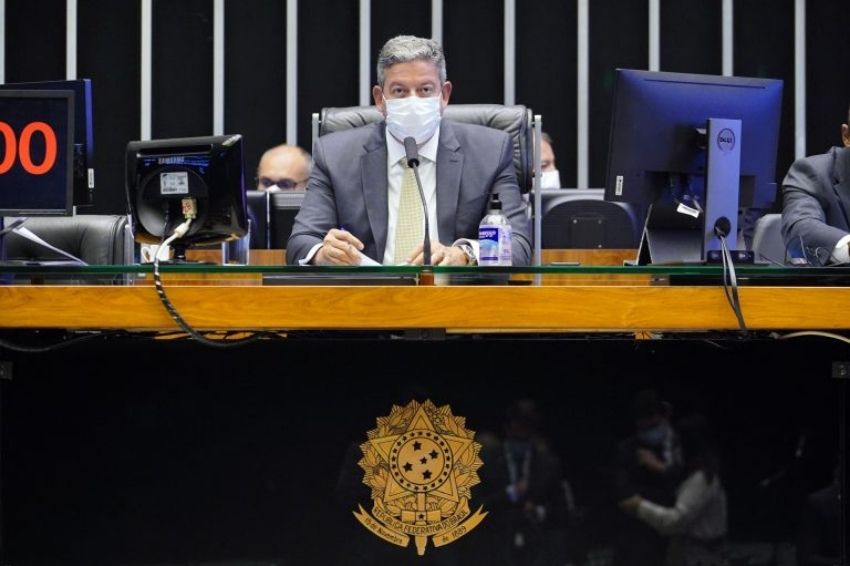The Chamber of Deputies ended the extraordinary session this Tuesday (20) without voting on the bill that aims to create the Legal Framework for DG (distributed generation) in Brazil.
PL 5829, authored by deputy Silas Câmara (Republicanos-AM) and whose rapporteur is deputy Lafayette Andrada (Republicanos/MG), should now be discussed only after the Tiradentes holiday, celebrated this Wednesday (21).
“It should no longer be voted on today. It can be voted on on Thursday (22) or next week. Let's keep working. Today was a very productive day. We brought many to our side”, highlighted Ronaldo Koloszuk, president of the Board of ABSOLAR (Brazilian Photovoltaic Solar Energy Association),
Initially, the proposal was scheduled to be voted on at the beginning of last year, but ended up being postponed due to the Covid-19 pandemic.
The topic was only revived in December, when the Chamber voted to make the text urgent, allowing the document to skip some steps in the processing process and go straight to voting in the Plenary.
In recent months, the replacement text presented by Lafayette has motivated several debates on the subject, with webinars and research being held. The parliamentarian defends the approval of the document, claiming that it will help “democratize the use of solar energy in the country”.
According to the rapporteur, approval is necessary given that the country does not yet have specific legislation for the sector. The parliamentarian also highlighted, during the webinar held by Canal Solar, that the text is balanced and remunerates distributors.
The replacement text has been positively evaluated by associations and professionals in the sector. The proposal is seen with optimism and the expectation is that it will resolve the impasse due to the lack of legislation for the distributed generation segment.
Read too: Professionals receive the new base text of PL 5829 with optimism
The large economic groups, mostly formed by energy distributors, were against the project. In the understanding of DG associations, the rejection of the text aims to protect the revenues and profits of monopolies that bill for the electricity consumed.
What does the GD Legal Framework provide?
The substitute presented by deputy Lafayette de Andrada proposes gradual payment, by consumers with distributed generation, for the use of electrical infrastructure, through the so-called TUSD wire B from distributors and concessionaires.
Additionally, the text also establishes a ten-year transition for changing the regime in relation to the current model, in line with the guidelines of the National Energy Policy Council.
The changes would come into effect 12 months after the publication of the Law and guarantee the maintenance of current rules for pioneering consumers, bringing more legal and regulatory security to consumers who generate their own renewable electrical energy.
For generation systems along with the load, shared generation, EMUC, self-consumption up to 200 kW and dispatchable renewable sources will have a gradual payment schedule for TUSD Fio B that rises from 0% in 2022 to 100% in 2033.

















One Response
WE ARE NOT GOING TO BRING IT. TAX NOW +